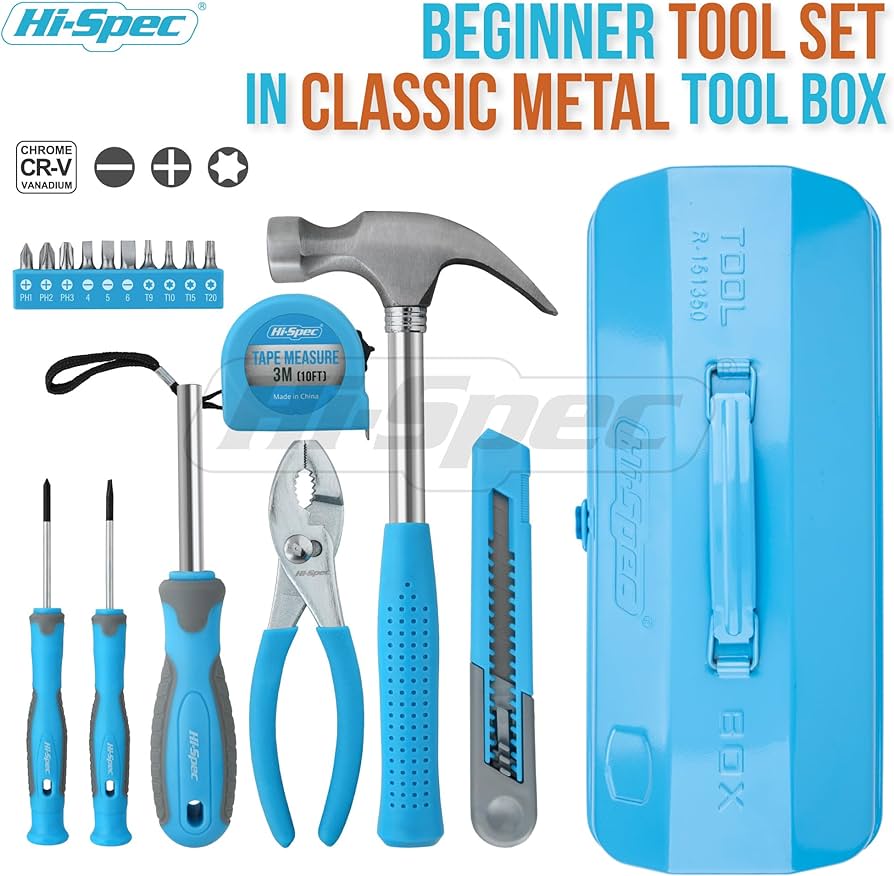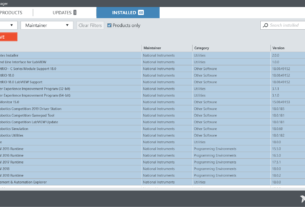As a carpenter, having the right tools is essential to getting the job done efficiently and effectively. Whether you’re a seasoned professional or just starting out, equipping yourself with a reliable carpenter tool kit is crucial.
In this comprehensive guide, we’ll take a look at everything you need to know about building your own carpenter tool kit. From the must-have basics to specialized tools for specific projects, we’ve got you covered.
So let’s get started!
Why You Need a Carpenter Tool Kit
Building a carpenter tool kit is an investment in your craft. With the right tools at your disposal, you’ll be able to tackle any project with confidence and ease. Not only will you save time and money by doing it yourself, but you’ll also have the satisfaction of knowing that you did it right.
Having your own carpenter tool kit also means that you won’t have to rely on others when it comes to borrowing tools or waiting for someone else to finish using them. This independence can be especially important if you’re working on a tight deadline or have limited access to tools.
The Basics: Must-Have Tools for Your Carpenter Tool Kit
Before diving into specialized tools, let’s take a look at the basics that every carpenter should have in their tool kit:
1. Hammer – A claw hammer is essential for driving nails and removing them when necessary.
2. Screwdrivers – Both flathead and Phillips screwdrivers are necessary for tightening screws of different sizes.
3. Tape Measure – Accurate measurements are critical in carpentry, so invest in a good quality tape measure.
4. Level – To ensure that your work is straight and level, make sure to have both a standard level and a torpedo level in your kit.
5. Pliers – Pliers are useful for gripping and bending wires and other materials.
6. Utility Knife – A sharp utility knife is necessary for cutting materials such as carpet, drywall, and insulation.
7. Chisels – Woodworking requires precision, and chisels are necessary for shaping and carving wood.
8. Hand Saw – A hand saw is essential for making precise cuts in wood.
Specialized Tools: Making Your Carpenter Tool Kit Complete
Now that we’ve covered the basics, let’s take a look at some specialized tools that can help take your carpentry skills to the next level:
1. Circular Saw – For cutting large pieces of wood quickly and accurately, a circular saw is a must-have tool.
2. Jigsaw – A jigsaw is ideal for cutting curves and intricate shapes in wood.
3. Miter Saw – If you need to make precise angled cuts, a miter saw is the tool to have in your kit.
4. Table Saw – A table saw is useful for ripping long boards or sheets of plywood to size.
5. Router – For shaping edges and creating decorative finishes, a router is an essential tool.
6. Nail Gun – If you’re doing a lot of nailing, a nail gun can save you time and effort while ensuring that nails are driven in straight and evenly.
Choosing the Right Materials
In addition to having the right tools, it’s important to choose the right materials for your project. Here are some key things to keep in mind:
1. Wood Type – Different types of wood have different characteristics that can affect how they respond to cutting, sanding, and finishing. Choose the right type of wood for your project based on its intended use and appearance.
2. Fasteners – Nails and screws come in different sizes and materials, so choose the right ones for your project based on strength requirements and aesthetic considerations.
3. Finishing Materials – Depending on the look you want to achieve, you may need stain, paint, or other finishing materials to complete your project.
Tips for Building Your Carpenter Tool Kit
Here are some tips to keep in mind when building your carpenter tool kit:
1. Invest in Quality – While it may be tempting to go for the cheapest option, investing in quality tools will pay off in the long run. High-quality tools are more durable and reliable, and they’ll save you money by lasting longer and requiring fewer repairs.
2. Start Small – If you’re just starting out, don’t feel like you need to have every tool on this list right away. Start with the basics and add specialized tools as you need them for specific projects.
3. Keep It Organized – A disorganized tool kit can make it difficult to find what you need when you need it. Use a toolbox or storage system that keeps your tools organized and easy to access.
4. Maintenance Matters – Regular maintenance is key to keeping your tools in good condition. Keep them clean and lubricated, and store them properly to prevent damage.
5. Safety First – Always wear appropriate safety gear such as eye protection and ear protection when using power tools, and follow all safety guidelines for each tool.
Conclusion
Building a carpenter tool kit is an investment in your craft that can pay off in many ways. With the right tools at your disposal, you’ll be able to tackle any project with confidence and ease.
Remember to start with the basics and invest in quality tools that will last. Keep your tools organized and well-maintained, and always prioritize safety when using power tools.
By following these tips, you’ll be well on your way to building a comprehensive carpenter tool kit that will serve you well for years to come.
References:
– https://www.popularmechanics.com/home/tools/reviews/g1673/10-tools-every-carpenter-should-own/
– https://www.familyhandyman.com/list/essential-carpentry-tools-for-beginners/
– https://www.lowes.com/n/how-to/carpentry-tool-basics




